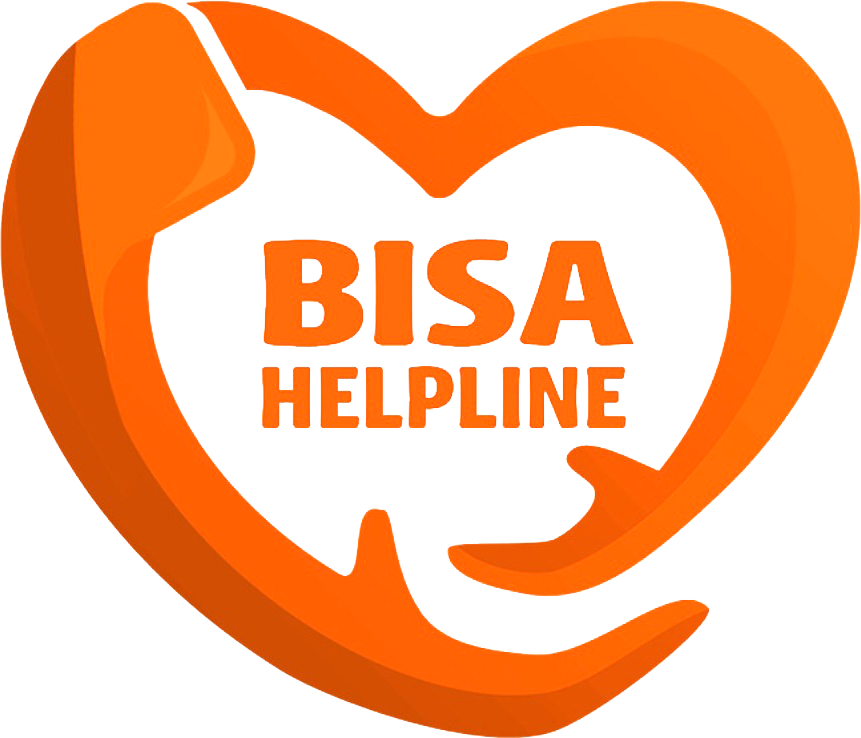An association of 11 non-governmental organizations and communities in Bali are banding together to launch a mental health and suicide prevention helpline, as they aim to fill the vacuum of mental health support for the local community.
The helpline, dubbed the first of its kind in the province and is set for an official launch on April 6, is named Love Inside Suicide Awareness, or BISA. The free service will be available for 12 hours a day for the first three months, before it begins operating 24/7.
The organizations behind BISA are working together under Bali Bersama Bisa (BBB), which aims to promote physical, mental, and social well-being in the province. This includes the food aid community Crisis Kitchen Bali, drug user recovery group Movement of Recovery (MOR) Project, Bali Bipolar Community, transgender community Gaya Dewata, and the Center for the Study of Gender, Sexuality and Human Rights (GSHR) in Udayana University, among others.
A self-examination study involving around 4,000 participants across Indonesia conducted by the Indonesian Psychiatric Association (PDSKJI) between April and August of last year found that 62 percent had symptoms of depression and 44 percent had thoughts of suicide and self-harm.
Nev Doidge, founder of the MOR Project, told Coconuts in a phone interview that BBB, whose members are active in various outreach programs, has seen a notable increase in suicidal intentions in Bali during the COVID-19 pandemic.
He said that through mental health assessments conducted during BBB’s relief efforts in Bali between November and January, 25 out of 461 people reported having suicidal thoughts.
However, such numbers may not reflect the true reality as there persists a strong taboo surrounding mental health in the country, where being open about one’s mental health struggles is likely to lead to stigma and discrimination.
MOR Project chairman I Wayan Eka S. Antara, also known as Bimbim, said that BBB hopes to educate the general public and help reduce stigma surrounding mental health.
“We also want to educate the public on how it’s okay not to be okay and that you can seek help,” Bimbim said.
“Western cultures are more used to the concept of seeking help when they have a problem, but our people mostly choose to save their face,” he added, alluding to the shame often associated with mental health.
Bimbim also said that BISA serves as a medium to capture the various problems faced by the people in Bali, connecting them to relevant organizations and communities who can also provide further support.
Yarra Rama, chairwoman of the Bali Bipolar Community, is optimistic about the launch of BISA.
“We are very much in support of this program, considering the relatively high suicide attempts in bipolar cases,” Yarra said.
BISA, which currently has 30 trained volunteers, will initially be available in Indonesian, but is set to provide services in English soon, organizers said. BBB said they are currently raising funds to support the operations of the helpline while working towards establishing a community center, which would house a food kitchen, counsel rooms and space for support groups, among others.

